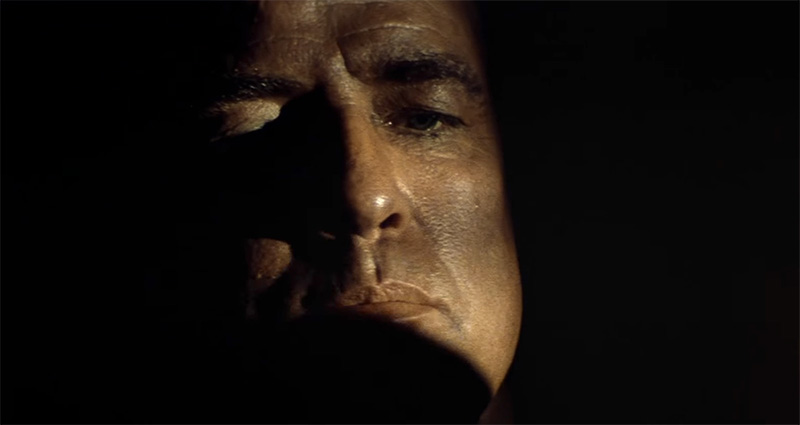
Francis Ford Coppola’s “Apocalypse Now” is a cinematic masterpiece that delves deep into the horrors of war and the human psyche.
One of the most enigmatic and compelling characters in the film is Colonel Walter E. Kurtz, portrayed by Marlon Brando. His monologues, especially the one about the horror of war, are central to understanding the film’s themes and the character’s descent into madness.
The Context
To fully grasp the weight of Kurtz’s monologue, it’s essential to understand the context. The film is set during the Vietnam War, and Captain Benjamin L. Willard (played by Martin Sheen) is sent on a mission to assassinate Kurtz, who has gone rogue and is leading his own militia deep in the Cambodian jungle.
When Willard finally encounters Kurtz, he is met with a man who has been consumed by the darkness of war and has embraced it in a way that challenges conventional morality.
The Monologue
In his chilling monologue, Kurtz recounts an experience where he witnessed the Viet Cong cutting off the inoculated arms of children. He speaks of the “horror” and the “genius” of such an act, emphasizing the sheer will and unwavering commitment of the enemy.
Analysis
At its core, Kurtz’s monologue is a reflection on the brutal realities of war. He speaks of the horror not in a way that condemns it but in a way that respects its power.
To Kurtz, the act of cutting off the children’s arms was a testament to the lengths the Viet Cong were willing to go to win the war. It’s a stark contrast to the bureaucracy and moral ambiguity he sees in the American military’s approach.
Kurtz’s descent into madness can be seen as a result of his realization that morality is fluid in the context of war. What is considered evil or barbaric in one context can be seen as necessary or even commendable in another. This realization shakes him to his core and leads him to reject traditional notions of right and wrong.
"You have to have men who are moral… and at the same time who are able to utilize their primordial instincts to kill without feeling… without passion… without judgment… without judgment. Because it’s judgment that defeats us.”
War is a realm where the conventional lines of morality are often blurred. Soldiers are trained to kill, an act considered reprehensible in civil society.
In the context of war, however, it becomes a duty. Kurtz’s statement suggests that the act of killing isn’t what haunts soldiers; it’s the judgment—both self-imposed and from external sources—that weighs them down. When soldiers judge their actions based on peacetime morals, it can lead to guilt, trauma, and a sense of moral injury.
Kurtz’s assertion that “it’s judgment that defeats us” is a multi-layered statement that speaks to the complexities of war, morality, and the human condition. It underscores the film’s exploration of the thin line between civilization and savagery, and the internal and external conflicts that arise when one is forced to navigate this boundary.
Beyond the immediate context of war, Kurtz’s monologue touches on the inherent nature of man. He believes that deep down, every person has the capacity for darkness and brutality.
It’s only societal norms and morals that keep these tendencies in check. In the jungle, away from civilization, Kurtz has embraced this primal side of humanity.
The setting of the Cambodian jungle plays a significant role in the film. It represents the wild, untamed side of human nature. Kurtz’s compound, deep in the heart of this wilderness, is a stark contrast to the world outside. His monologue, delivered in this setting, underscores the dichotomy between civilization and the primal forces of nature and humanity.
Kurtz’s last words are “The horror! The horror!” This exclamation encapsulates the indescribable nature of his experiences and realizations, a culmination of all he has witnessed and understood about the human condition.
Conclusion
Kurtz’s monologue in “Apocalypse Now” is a profound reflection on the nature of war, morality, and the human psyche. It challenges viewers to confront their own beliefs about right and wrong and to question the thin veneer of civilization that separates us from our most primal instincts. The monologue, like the film itself, is a haunting exploration of the darkness that lurks within us all.

Theodore Lee is the editor of Caveman Circus. He strives for self-improvement in all areas of his life, except his candy consumption, where he remains a champion gummy worm enthusiast. When not writing about mindfulness or living in integrity, you can find him hiding giant bags of sour patch kids under the bed.
